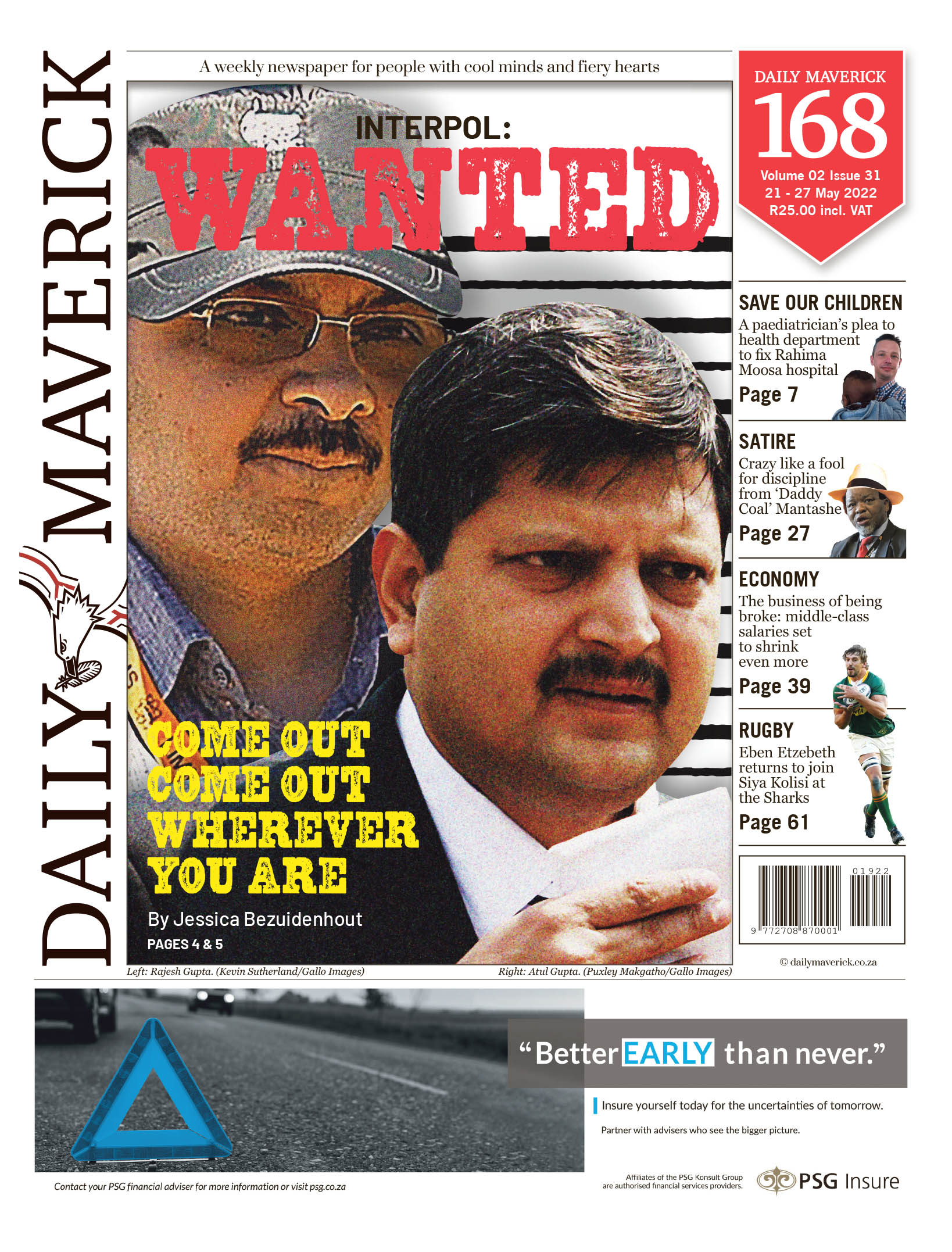In periods of shared crisis in Durban, such as the aftermath of the winter riots and then the recent floods, there have been encouraging signs of solidarity across the old firebreaks of race and class. In these moments, it’s tempting to imagine a city rooted in forms of solidarity organised outside of a deeply corrupt and ineffective state.
But it seems that these glimpses of a society, of a more humane society, have their limits.
They don’t seem to extend to solidarity with the political organising of the poor. DM168 has, to its great credit, given serious attention to the assassination of two Abahlali baseMjondolo leaders in the past month. However, much of the media has been silent.
As Raymond Suttner has noted in DM168, most of the big civil society organisations have been silent too. The same is true of most intellectuals and many religious organisations. There is a general lack of interest among the middle classes, and most but not all trade unions too, in the fact that the leaders of the largest social movement in the country, a movement of the poorest of the poor, are being systematically assassinated.
President Cyril Ramaphosa has been silent, as has Police Minister Bheki Cele, and there has not been a word of protest from the South African Communist Party. The silence of the ruling elite is a clear indication that they are not greatly troubled by the ongoing assassinations of grassroots activists.
I am reminded, once again, of the point made by the great American intellectual Noam Chomsky. Chomsky, famously referred to as “arguably the most important intellectual alive”, reminds us: “… worthy victims will be featured prominently and dramatically, that they will be humanised, and that their victimisation will receive the detail and context in story construction that will generate reader interest and sympathetic emotion. In contrast, unworthy victims will merit only slight detail, minimal humanisation and little context that will excite and enrage.”
Moments like this lead one to despair for the future of our democracy. If grassroots activists can be murdered with impunity – whether in Abahlali baseMjondolo or in anti-mining or any other struggles – then, although we live in a country that holds elections, we are not living in a democracy.
If solidarity only takes the form of assistance after disasters, like the riots, the floods and regular shack fires, it is not real solidarity – it is charity.
Charity is necessary in periods of disaster, but it is not real solidarity.
Real solidarity is true generosity, it goes beyond the essential need to provide food and blankets after a disaster and extends to real partnership; partnership that includes a defence of the rights of everybody to participate in democratic life.
When most of civil society, much of the media, most of the intelligentsia, most religious organisations, most trade unions and most of middle-class society in general are silent in the face of regular assassinations of grassroots activists, they are, ultimately, complicit. There is a disquieting question that must be asked: are the organised working class and the institutions and civil society and religious organisations of the middle classes really democrats? DM168
This story first appeared in our weekly Daily Maverick 168 newspaper, which is available countrywide for R25.

[hearken id=”daily-maverick/9472″]


















 Become an Insider
Become an Insider
Excellent and timely reminder, thank you. The challenge, I think, is to look beyond the immediate urgent issues that people come together around (such as the CANs and feeding schemes that appeared in response to the pandemic), and build in a broader and deeper analysis of continuing needs and capacities for these organisations.